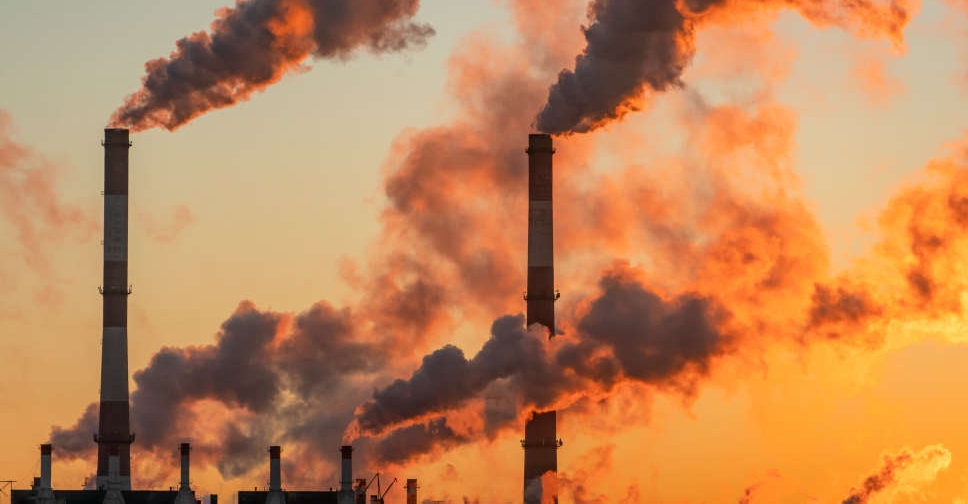
Governments, business leaders and development banks have two years to take action to avert far worse climate change, the UN's climate chief said on Wednesday, in a speech that warned global warming is slipping down politicians' agendas.
Scientists say halving climate-damaging greenhouse gas emissions by 2030 is crucial to stop a rise in temperatures of more than 1.5 Celsius that would unleash more extreme weather and heat.
Yet last year, the world's energy-related CO2 emissions increased to a record high. Current commitments to fight climate change would barely cut global emissions at all by 2030.
Simon Stiell, Executive Secretary of the United Nations Framework Convention on Climate Change said the next two years are "essential in saving our planet".
"We still have a chance to make greenhouse gas emissions tumble, with a new generation of national climate plans. But we need these stronger plans, now," he said.
Speaking at an event at the Chatham House think-tank in London, Stiell said the Group of 20 leading economic powers - together, responsible for 80 per cent of global emissions - urgently needed to step up.
The main task for this year's UN climate negotiations is for countries to agree a new target for climate finance to support developing countries struggling to invest in shifting away from fossil fuels and fighting climate change.
Stiell said more climate finance should be delivered through debt relief, cheaper financing for poorer countries, new sources of international finance such as a tax on shipping emissions, and reforms at the World Bank and International Monetary Fund, which hold their annual Spring Meetings this month.
As well as more funding to the World Bank's International Development Association, Stiell urged an overhaul of its capital requirements and expansion of its use of Climate Resilient Debt Clauses, which suspends debt repayments in the event of natural disasters.
In a bumper year for elections around the world - with voters going to the polls from India, to South Africa and the United States - Stiell warned too often climate action was "slipping down cabinet agendas".



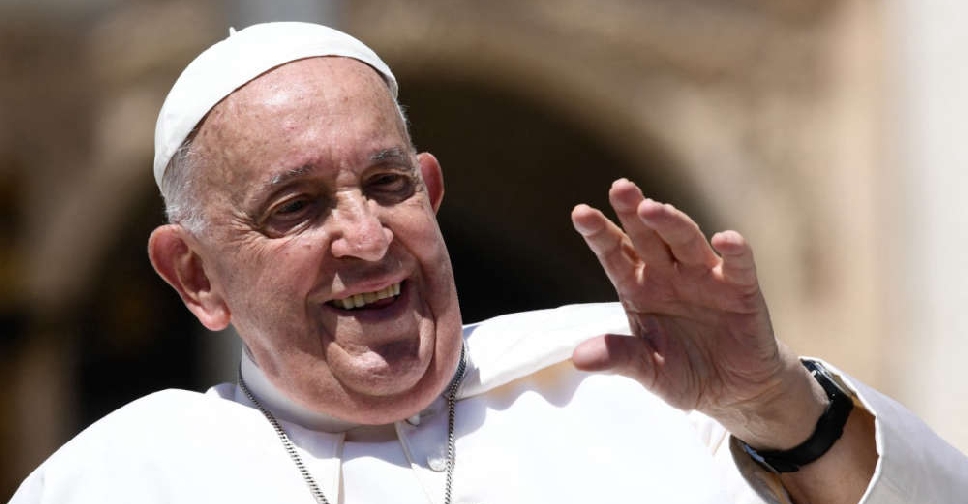 Pope Francis dies aged 88, Vatican says
Pope Francis dies aged 88, Vatican says
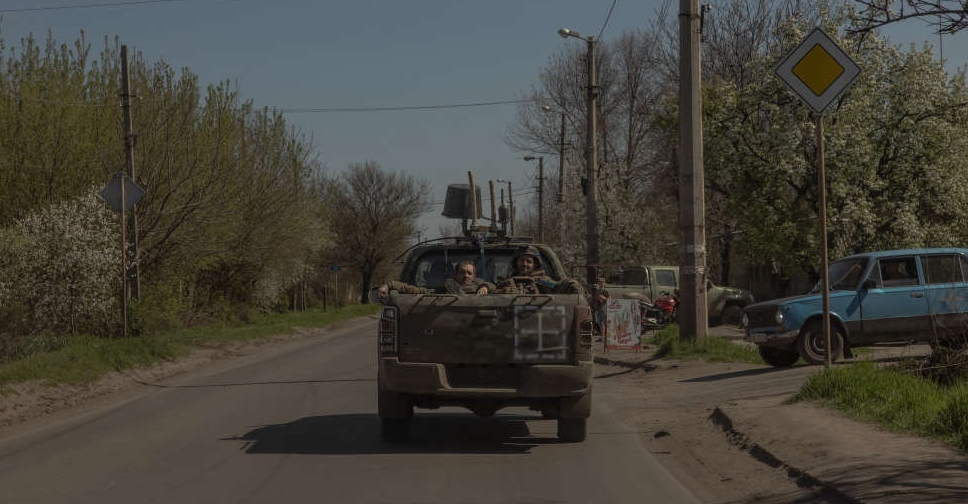 Half of Ukraine under air raid alerts hours after Russia ceasefire ends
Half of Ukraine under air raid alerts hours after Russia ceasefire ends
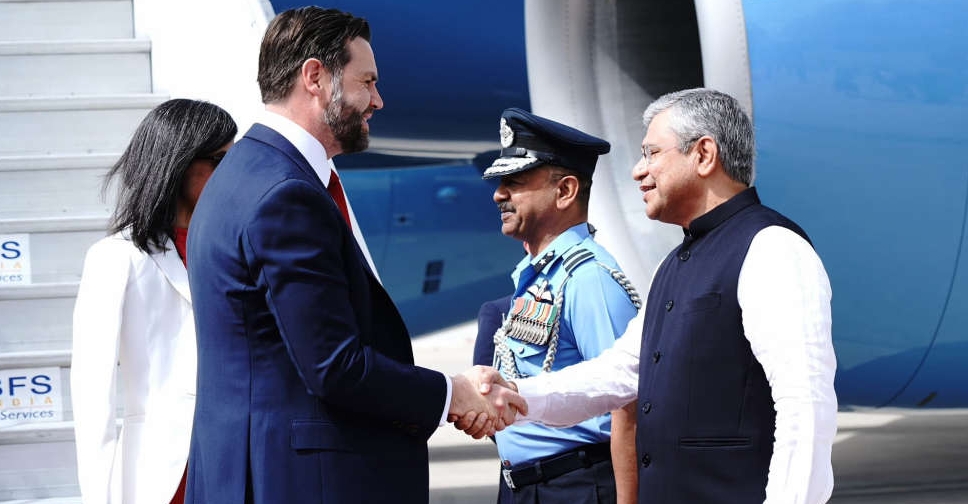 Vance arrives in India, to hold talks with Modi under US tariffs shadow
Vance arrives in India, to hold talks with Modi under US tariffs shadow
 Israel's military finds 'professional failures' in killings of Gaza medics
Israel's military finds 'professional failures' in killings of Gaza medics
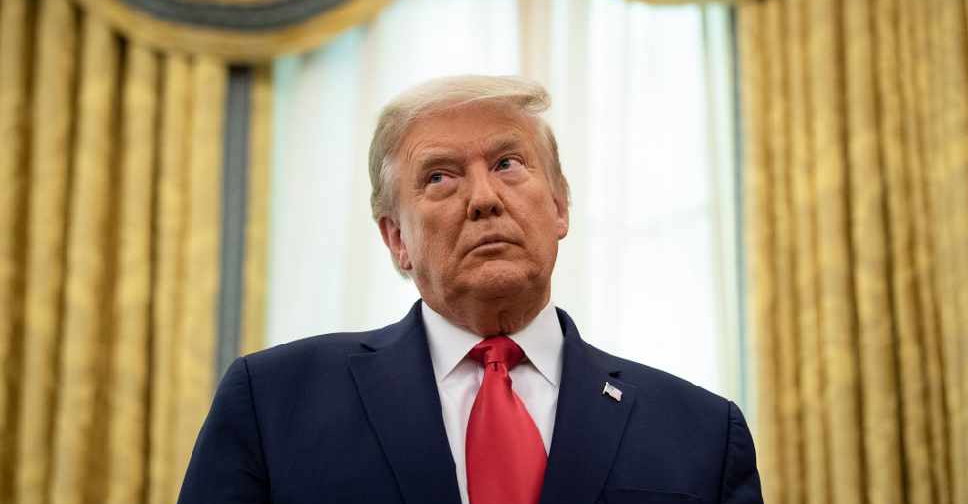 Trump threatens to cut another $1 billion in Harvard funding, WSJ reports
Trump threatens to cut another $1 billion in Harvard funding, WSJ reports




